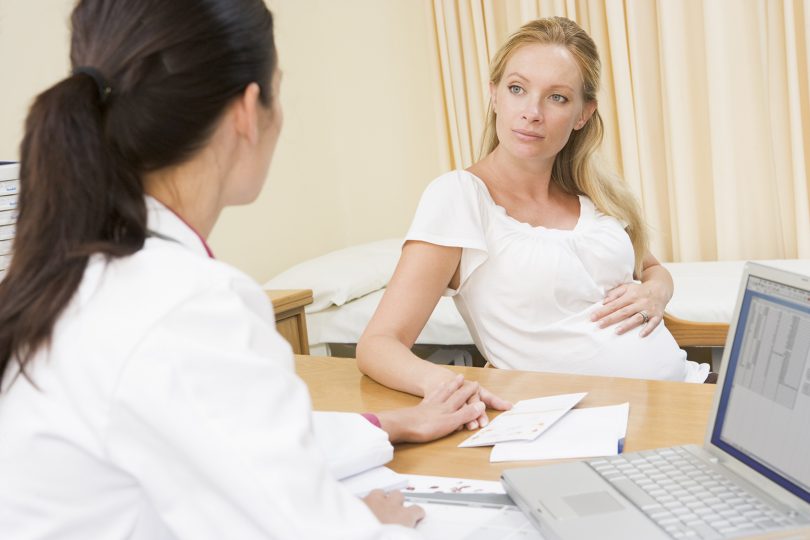When the unexpected happens, it tends to throw you.
Even more so when that something unexpected happens during your pregnancy.
Every year, about 150,000 babies in the United States are born with some type of congenital defect, including congenital heart defects, gastrointestinal issues, problems with the bladder and special issues related to having twins.
It’s a heartbreaking and incredibly stressful time for parents, whose expectations of a normal and joyous birth have been turned upside down.
“Parents are scared to death,” said Dr. Charles Howell, a pediatric surgeon, surgeon-in-chief and co-medical director at the Children’s Hospital of Georgia at Augusta University. “Our job is to reassure them.”
Advanced fetal care services like those at the Children’s Hospital of Georgia are designed to prepare, plan and provide effective ongoing care for both the mother and baby throughout the rest of the pregnancy and birth.
Although treatments aren’t available for certain abnormalities, according to Howell, many others can be repaired, either in utero or immediately after birth.
“These are complex procedures,” Howell said, “and they require a team approach with multiple specialists. We’re fortunate that that’s what we have here at the Children’s Hospital of Georgia.”
What to expect
Once your child has been diagnosed with a congenital abnormality—typically via ultrasound—you may need to have additional testing so that your doctors can make sure they understand exactly what is happening.
Your maternal-fetal medicine specialist will then work closely with you and a full team of specialists to develop a plan of care. These specialists could involve experts from neonatalogy, pediatric radiology, and pediatric surgery, including pediatric subspecialties such as such as heart, general/thoracic surgery, urology, otolaryngology and neurosurgery. Your specialized pediatric team will carefully explain the procedures involved, any risks or concerns and ongoing care that you baby will need.
Throughout the rest of your pregnancy, your doctors will continue to monitor you closely. One risk is early labor, so parents should plan for that. If you live out of town, one major benefit is that the Children’s Hospital of Georgia has an on-campus Ronald McDonald House, which opened in 2015. Located just a short walk away from the hospital’s front doors, the house provides free housing and some meals for any family with seriously ill children—including mothers with high-risk pregnancies.
In some cases, your baby may receive some treatment in utero. But typically, treatment or surgery will take place immediately or a short time after birth. Your baby will then be transferred to the neonatal intensive care unit (NICU).
But don’t worry about being separated from your newborn. Another benefit is that the Children’s Hospital of Georgia is also the only medical complex in the state where both mother and baby are cared for under one roof. This means that as soon as you are able after delivery, you can be wheeled from the OB unit on the 7th floor of the adult medical center to NICU on the 5th floor of the children’s hospital, in order to see and help care for your child.
“It’s a full continuum of care,” Howell said. “We understand the fears and anxieties a parent has in this situation. From the time a baby is diagnosed through delivery and beyond, our program is designed to provide not only that expert care but give families the support and reassurance they need too.”
Expert care for you and your child in the same place
The Children’s Hospital of Georgia is the only hospital in the area completely dedicated to the care and well-being of children. Even better, it’s connected to the area’s only academic health center, which offers you the most advanced health care options. For more information about, visit augustahealth.org/chog or call 706-721-KIDS (5437).




